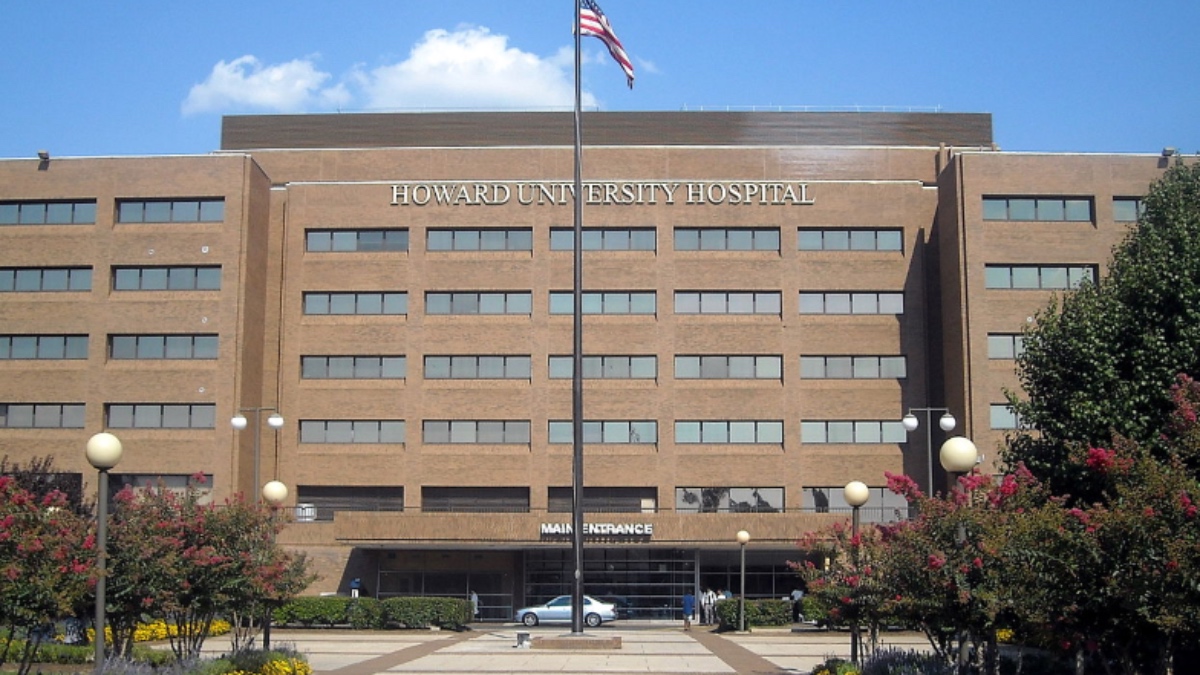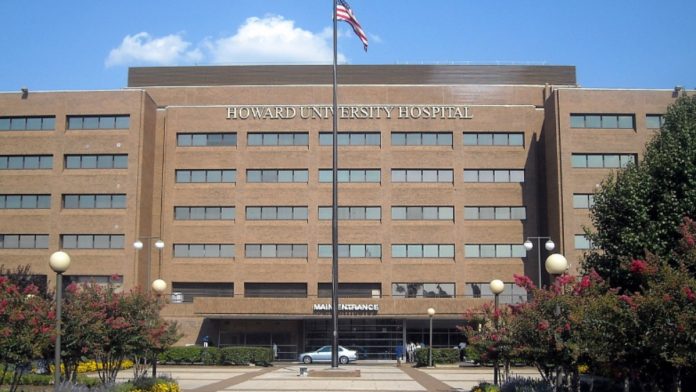[ad_1]
Howard University Hospital is the only Level 1 trauma center in the D.C. Metro area, but a proposed new hospital could spell big trouble for the university.
The East End hospital contract was recently awarded to George Washington University and the D.C. Council is set to vote Tuesday on legislation that would allow construction to begin.
The problem? The new hospital would exclude Howard faculty physicians, medical students and residents, along with nursing, allied health, pharmacy, and dentistry students, from providing services and receiving training at the new hospital.
“The impact of a new East End hospital under the city’s current plan threatens to disrupt Howard’s ongoing efforts and future plans to serve the residents of Wards 7 and 8 and also impedes the HU College of Medicine’s training of African American physicians,” Howard University President Wayne Frederick said in a statement.
The ripple effect could be crippling to the university. Funding would go to the new hospital while Howard students would not be able to train at the new facility, which could drive down enrollment at Howard Medical School.
READ MORE: Magic Johnson’s daughter escapes unharmed from home invasion
“This, without question, will hurt our residents and medical students,” Dr. Danielle Hairston, the associate director of the Howard’s psychiatry residency program, said. “It would be a huge drop in revenue for Howard and the medical school would struggle to remain afloat with the decrease in patient volume.
Hairston, who is a Howard alum and completed her residency at the hospital, noted that a majority of Black doctors come from Howard.
She sees the detriment the new facility could cause to future of Black doctors.
“The representation of minority physicians is at risk,” Hairston said. “This plan could eliminate the institution that trains this nation’s highest number of minority physicians.
“Even if a Black doctor did not train at Howard, they were somehow touched by its legacy, history, and mission,” she added. “This is not just an impact on DC, this is an impact on the face of medicine.”
Howard students, faculty, and alums are being encouraged to contact D.C. city officials and have taken to social media under the hashtag #HowardMedicineMatters.
Please stand with the entire @HowardU community as we show the world that #HowardMedicineMatters by asking that @MayorBowser and @CouncilofDC amend the current East End hospital proposal to include Howard. Show your support by retweeting. Learn more: https://t.co/kf5Qf4vR3i. pic.twitter.com/Ex0NTzcq2w
— Wayne A. I. Frederick (@HUPrez17) December 3, 2018
Please reach out to the DC Council and @MayorBowser. Let them know that #HowardMedicineMatters. We must support healthcare for African Americans in the District and the training of future African American physicians. https://t.co/7O35GikiKe
— Danielle Holley (@danielleholley) December 1, 2018
Please visit https://t.co/8UpvsKiRaG for more information on how you can help ensure Howard University College of Medicine and Howard Medical Center continue to forward our legacy of producing top #AfricanAmerican physicians to serve D.C. and the nation.#HowardMedicineMatters pic.twitter.com/8JsN2IPn5D
— Nzinga Harrison, MD (@naharrisonmd) December 3, 2018
The university is also urging students and supporters to contact the D.C. Council and Mayor Muriel Bowser to express their concerns about the project.
“There has to be a better option than this plan,” Hairston said. “Grady Hospital in Atlanta is an example of a hospital where two universities have figured out a way to work together.
“I can only hope that the D.C. government does not support the end of the biggest powerhouse in minority medicine in this nation,” she added. “The vote is tomorrow. We’ll see what they say.”
[ad_2]
Source link


